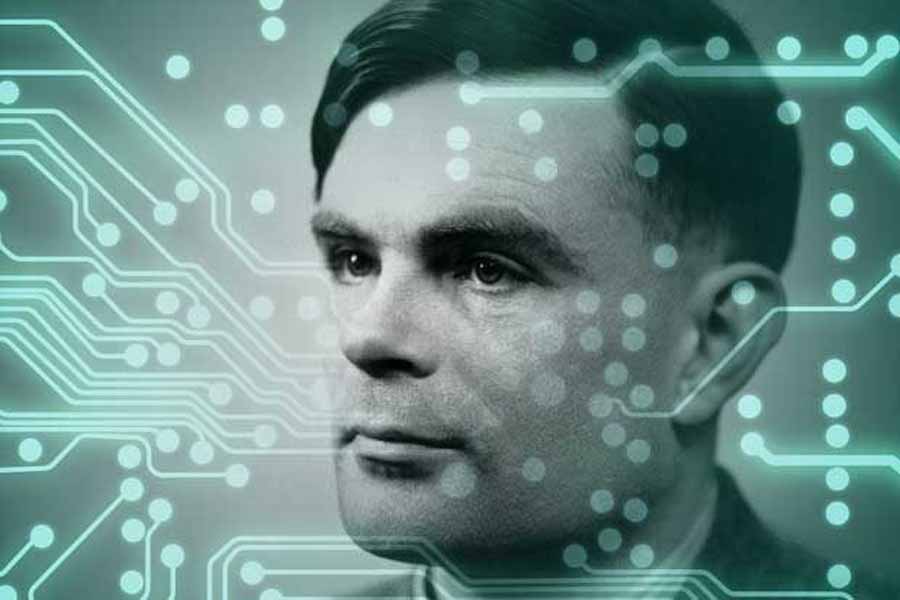
Estimated Reading Time: 2 minutes
Diversity
di·ver·si·ty | \də-ˈvər-sə-tē, dī-\Definition of diversity
1 : the condition of having or being composed of differing elements : the inclusion of different types of people (such as people of different races or cultures) in a group or organization
» programs intended to promote diversity in schools2 : an instance of being composed of differing elements or qualities : an instance of being diverse
» a diversity of opinion©2018 Merriam-Webster
As I write this, it is the celebration of Alan Turing’s 106th birthday (June 23, 1912). As someone who wears their Geek Badge proudly, one has to wonder what the world would be like without his genius. Arguably the father of modern-day computer sciences, his work was foundational for what we consider commonplace today. His bleeding-edge studies and developments in the 1940s not only shaped the entire computing space – and arguably the world, but quite literally saved millions of lives during WWII. The irony of Alan Turing, a gay man, being the linchpin of defeating Nazi Germany should never be lost.
But yet, I cannot help but wonder what this world would be like had he never had the opportunity to exercise his brilliance. Would we still be in the dark ages of computing rather than discussing Quantum Machines? Would all of Europe be under a dictatorship? How about the world?
So let me ask you, is there ever more of an example to not just encourage diversity, but to fully embrace it? Imagine if the next Turing’s skin color is dissimilar to yours, or their chromosomes are a different combination, or who they find true love with doesn’t fit within the social norms. Do any of these really influence the genius someone is capable of? I think not…
Successful leaders understand, encourage, and respect differences of opinions and there is no better way to foster those differences than encouraging diversity within our ranks. Fostering diversity will not only help us address the overwhelming lack of resources in our field, but a recent study by Mckinsey shows that a more diverse a workforce is, the more profitable companies are.
Diversity is about changing culture, which interestingly enough, is what most security executives spend our days doing. Sure, there’s a lot of geekspeak and technojargon in our industry, but at the end of the day, the biggest change agent Information Security professionals have is a change in culture. We, more than almost any other function in the enterprise, are not only adept at changing culture but virtually dependent on it. In that light, who better than the Information Security world to lead the culture change in our companies?
Just think – perhaps you could be the one responsible for giving the next Turing that first opportunity to change the world.
More on diversity in the workplace:
Copyright © 2002-2025 John Masserini. All rights reserved.



